Who is Joshlin Smith?
Joshlin is in Grade 1 at Diazville Primary. With green eyes and an infectious smile, she is popular among teachers and pupils, as well as the wider community of Diazville in Saldanha on the West Coast, where she was living with her mother when she disappeared.
Principal Lee-Anne Davids-Hartzenberg said Joshlin was very quiet and kept to herself when she started Grade R in 2023, but that changed gradually, and she began playing with her classmates.
Joshlin was soft-hearted and very friendly, she said, adding that whenever she saw the smile on her face, she saw a happy child.
Community worker Veronique Pretorius too said residents miss the bubbly girl who used to run down the street, and who suddenly vanished like mist on the sea.
What happened to Joshlin?
On a sunny day on 19 February, Joshlin went missing from the Middelpos informal settlement. Police investigations indicate that on that day her mother, Racquel “Kelly” Smith, dropped off the child with her boyfriend, Jacquen Appollis, at about 8am, then went to work.
She returned at 5pm, to Joshlin gone.
Appollis’s version is that Joshlin went to play with friends and did not return. After about an hour of searching, the pair reported her missing.
The critical first 24 hours elapsed, but there was still no sign of the little girl.
As Candice van der Rheede, founder of the Western Cape Missing Persons Unit, said: “From my experience the long time that has elapsed since Joshlin’s disappearance says to me the child is no longer in the area. The golden hour, the first hour to locate a missing child, has passed.”
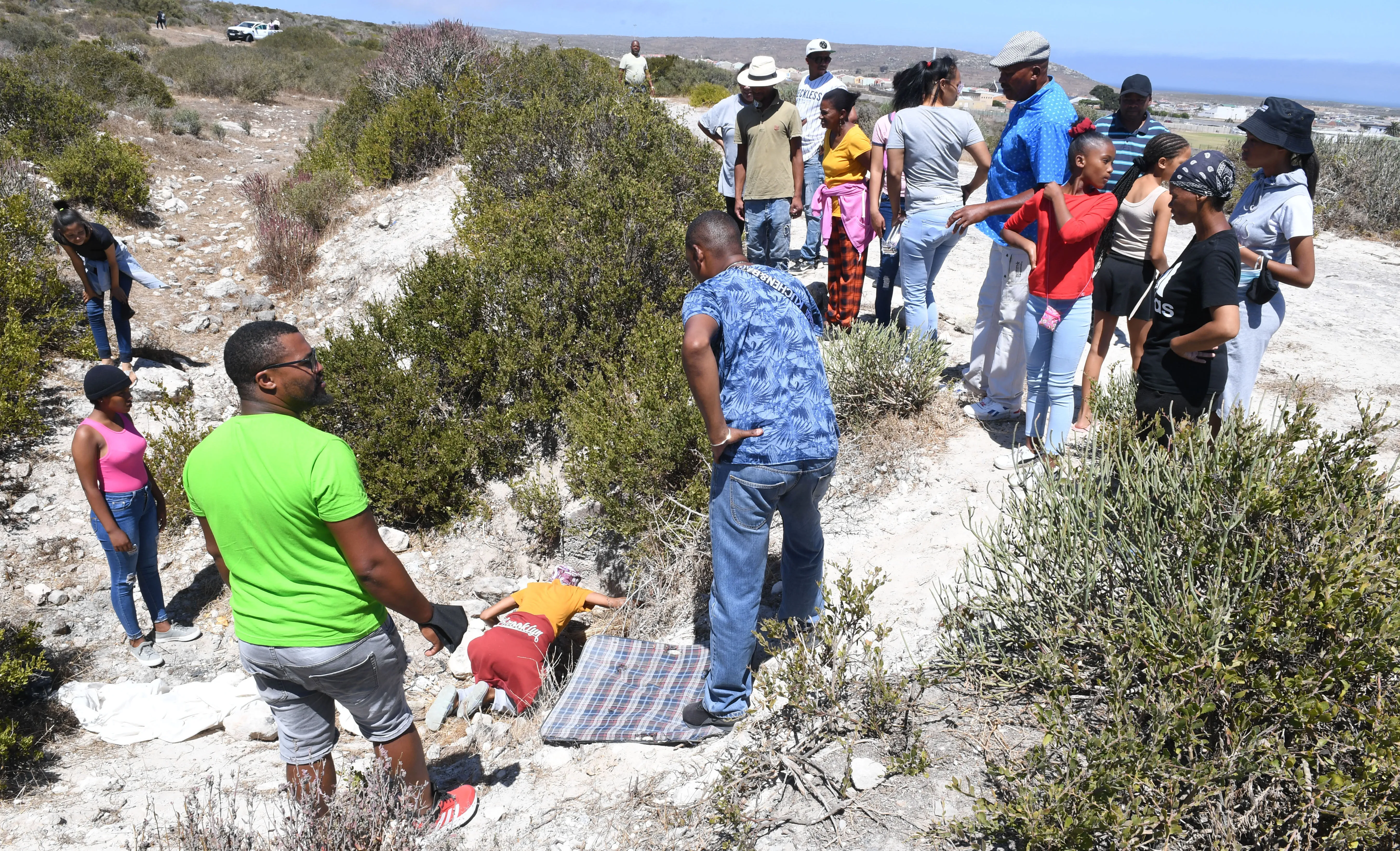
Residents search for Joslin Smith in Diazville on 2 March 2024. (Photo: Gallo Images / Die Burger / Theo Jeptha)
Search yielded no success
As the news of Joshlin’s disappearance spread, residents came out in their numbers to join the police search, including her mother and her boyfriend.
The search was called off on day one when darkness fell.
On 20 February, police K9 Unit search dogs, NGOs and volunteers scoured Middelpos, going door to door searching drains, while a helicopter focused on inaccessible areas and rescue boats went out. Still nothing.
After a week, on 27 February 2024, the police scaled back their search, although this did not mean the case was closed.
Western Cape police spokesperson Lieutenant-Colonel Malcolm Pojie stressed that the investigation team was still working around the clock, following up on all information.
Read more in Daily Maverick: “Search for Joslin — police grill four ‘people of interest’ while officers, dog unit scour Saldanha rubbish dump”
In the meantime, Saldanha Bay mayor Andre Truter met Western Cape premier Alan Winde, Cape Town mayor Geordin Hill-Lewis and mayoral committee member for safety and security JP Smith to discuss resuming the search. On Thursday, 29 February, the City of Cape Town dispatched police resources to help in the search, including investigators, search dogs, the marine unit, drones and experienced search-and-rescue volunteers.
The search expanded to the Vredenburg landfill, where rubbish ends up from Saldanha Bay, Langebaan, Hopefield, Laingville and Vredenburg. Police and law enforcement officers used rubber gloves and masks to sort through refuse accumulated over three weeks, but found nothing.
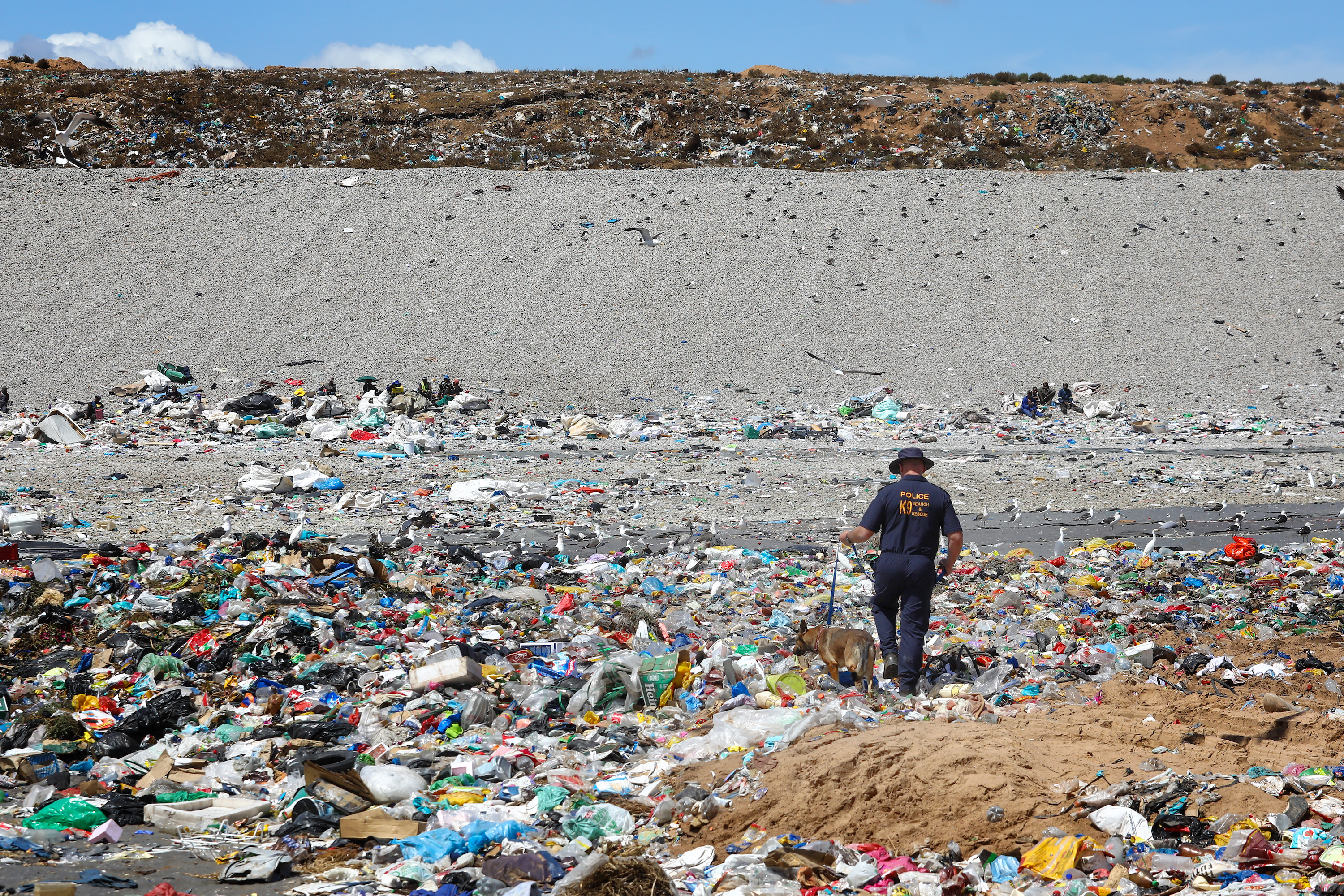
The Police K9 search and rescue comb through the Vredenburg Landfill. Six-year-old Joslin Smith of Saldanha Bay has been missing since the 19th February. 05 March 2024. (Photo: Shelley Christians)
Bloodstained clothing
A glimmer of hope appeared when items of clothing, allegedly stained with blood, were discovered on Saturday, 2 March in an open field in Middelpos during random searches.
More than a month after Joshlin’s disappearance, a second discovery of clothing – a blue fleece top, a blue Karrimor backpack and a baby blanket – were made in a Saldanha drain behind Diazville High School on Noordam Street.
Read more in Daily Maverick: “Potential evidence in Joshlin Smith disappearance sent to forensics more than month after discovery”
The items were sent for DNA tests, but in a televised interview with the SABC this month, Police Minister Bheki Cele said they had shown that they did not belong to Joshlin.
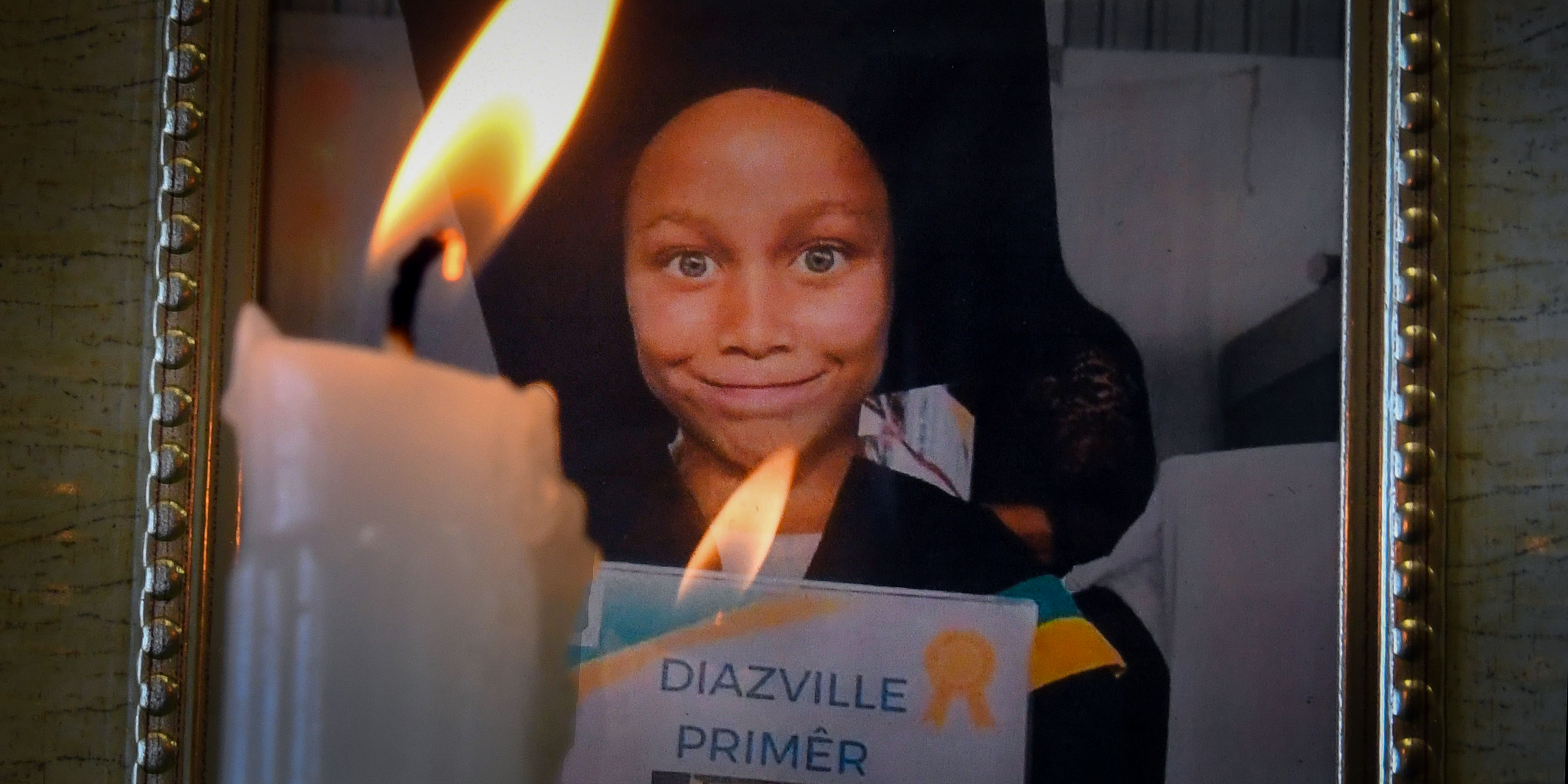
A small plant, a candle and a photo of missing Joshlin Smith at Diazville Primary School in Saldanha on 6 March 2024. The Grade 1 pupil was last seen on 19 February 2024. (Photo: Gallo Images / Die Burger / Theo Jeptha)
Volunteers descend on Saldanha Bay
Joshlin’s disappearance reverberated across the province, and NGOs and activists from far and wide descended on the fishing town. They included Reverend June Dolley-Major and Van Der Rheede, of the Western Cape Missing Persons Unit.
More than three months after Joshlin’s disappearance, the search in Saldanha continued based on new leads – leading to an international port.
International boat search
On 23 February, days after Joshlin went missing, the Frontier Asuka, a Panamanian ship, left Saldanha Bay harbour. Authorities had been unable to obtain papers in time to search the vessel.
Mark and Anouschika Hageman, a Gauteng couple, became involved after Dolley-Major told them about the departed ship. They reported this to the international Human Trafficking Hotline Web Chat, after which it was searched in Port Talbot, Wales, on 16 and 17 March.
Read more in Daily Maverick: ‘Ship in Wales searched for Joshlin Smith, but six-year-old still nowhere to be found’
Their thorough examination, however, revealed no evidence of a missing person.
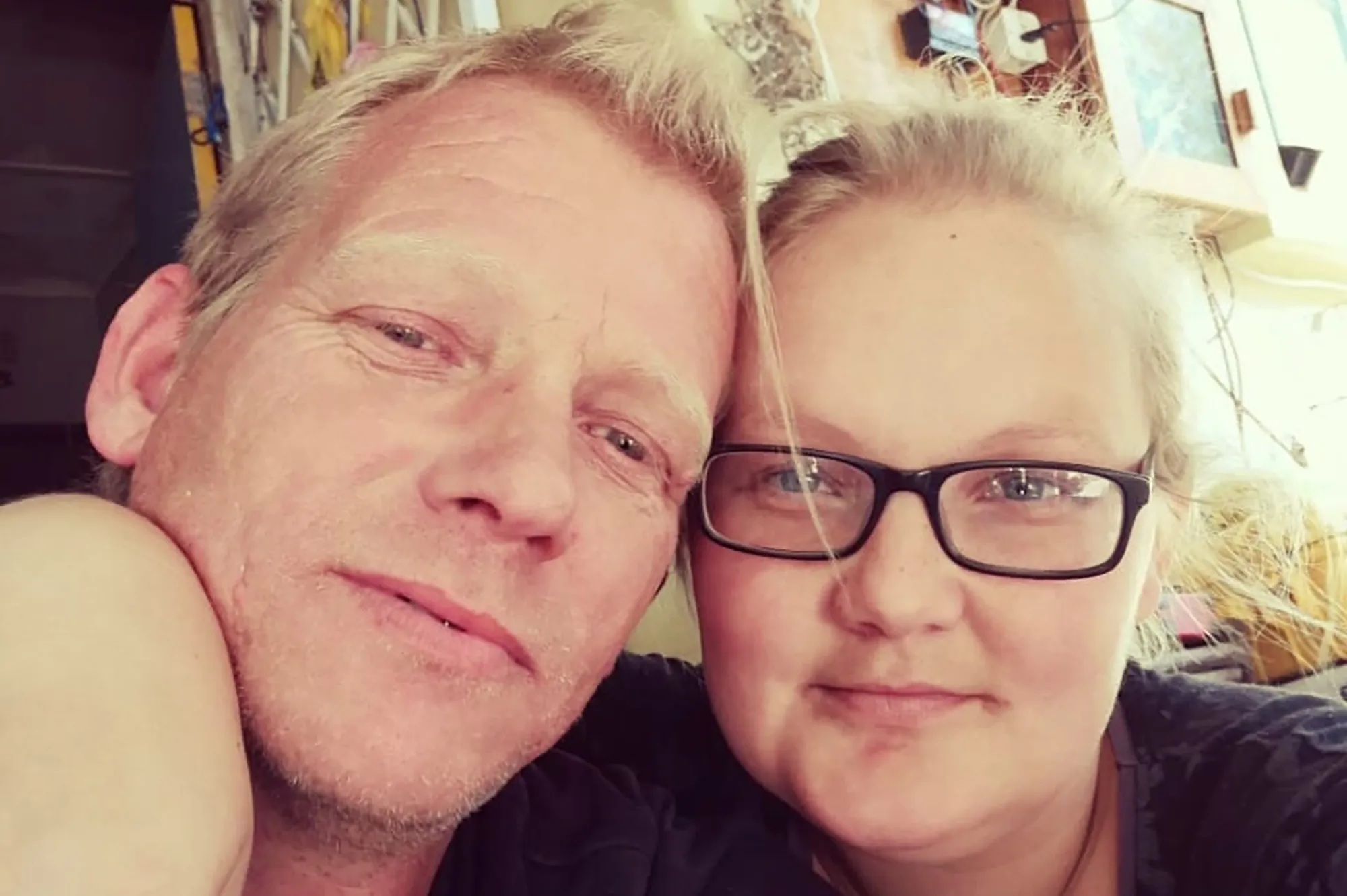
Gauteng couple Mark and Anouschika Hageman’s request for help on the international human trafficking hotline web chat resulted in a boat being searched in Port Talbot, Wales, for missing Joshlin Smith. (Photo: Supplied)
Fake news
Days after Joshlin’s disappearance, claims on social media – including videos – that her body had been discovered went viral, which outraged Saldanha Bay residents, investigators and activists involved in the search. Nevertheless, flowers were placed near some of the sites in the videos.
Read more in Daily Maverick: “Terrible and inhumane’ — fake news in continued search for Joslin Smith condemned”
Chris Nissen of the Human Rights Commission urged people to allow the police to conduct their investigation without interference, while the police urged the public to avoid spreading false information about the case.
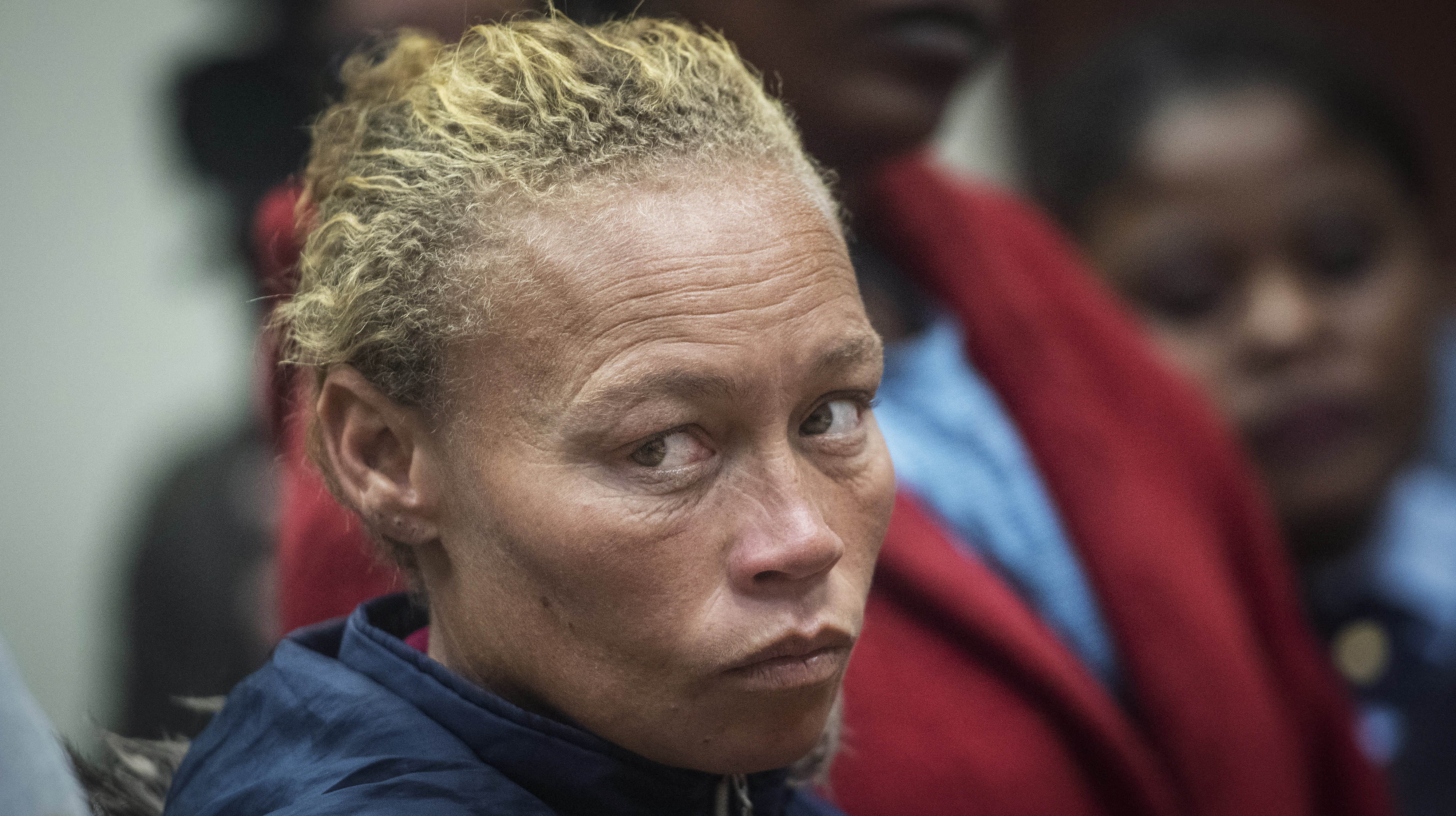
Mother Kelly Smith during the Joshlin Smith disappearance case at Vredenburg Magistrates’ Court on 7 March 2024 in Vredenburg. (Photo: Brenton Geach / Gallo Images)
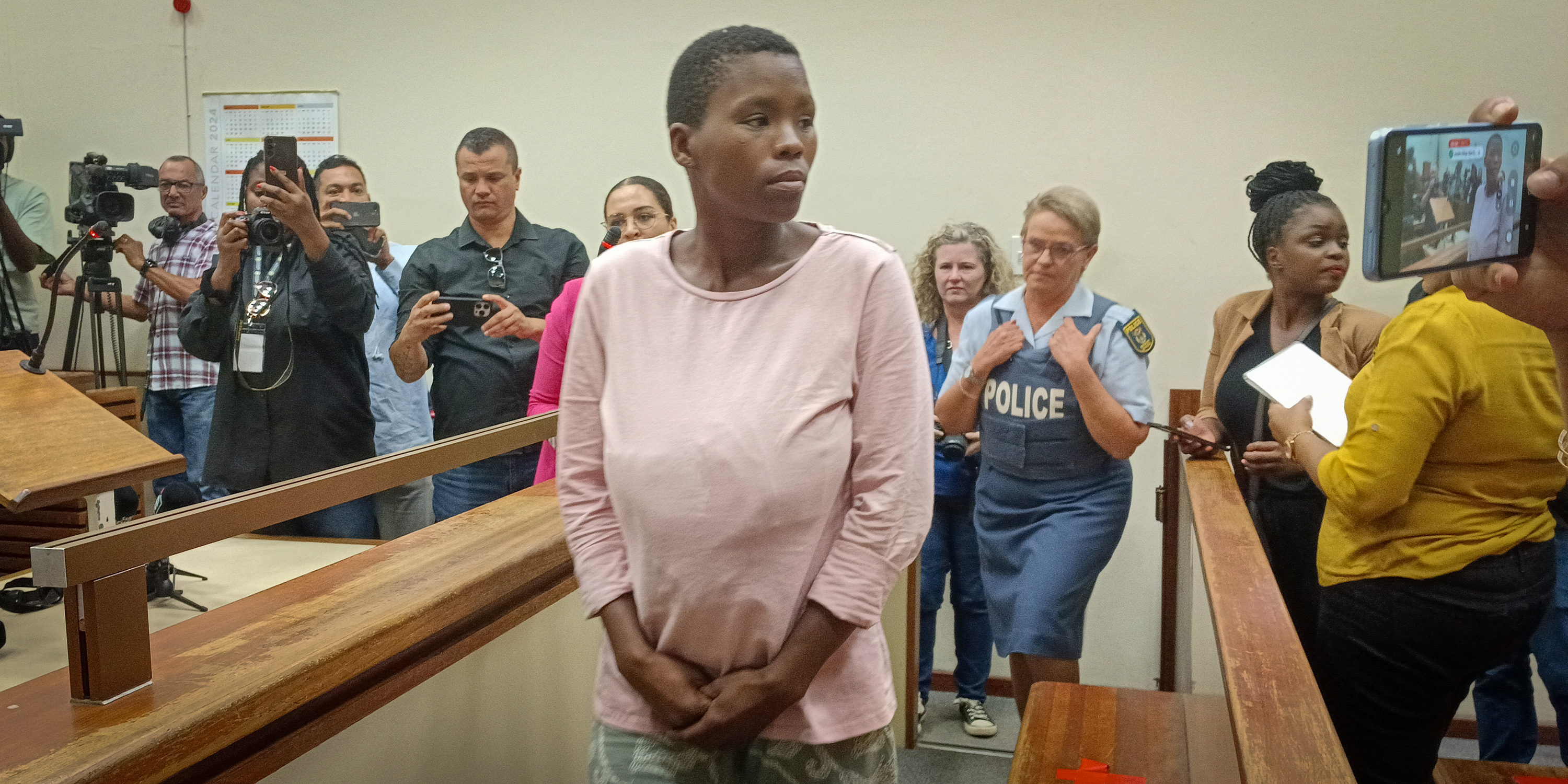
Lorentia Lombaard abandoned her attempt for bail in the Vredenburg Magistrates’ Court. (Photo: Vincent Cruywagen)
Joshlin’s mother arrested
The arrest of Joshlin’s mother was a shocking development, amid rumours that the child had been sold for R20,000 or muti. Police Commissioner Patekile dismissed these claims.
Smith was arrested along with Appollis, Steveno van Rhyn and Phumza Sigaqa, on charges of kidnapping and human trafficking.
Read more in Daily Maverick: “Joshlin’s mother, three others in dock, police ‘a step closer’ to finding her”
The case against Sigaqa was dropped owing to a lack of evidence linking her to the incident. On 7 March, Smith, Appollis and Van Rhyn appeared briefly in the Vredenburg Magistrates’ Court.
A week later another suspect, Lorentia Lombaard (32), originally from Wolseley, near Ceres, was arrested and appeared in the same court on 18 March before magistrate Yoliso Sipoyo.
Read in Daily Maverick: ‘Confession rumours swirl as fourth suspect arrested in Joshlin Smith disappearance case’
When Sipoyo asked prosecutor Jacques van Zyl how the accused was linked to the matter, he said “the accused made a confession”. However, at that point, the confession was part of the investigation and could not be made public by the State.
Lombaard abandoned her bail bid on 25 March.
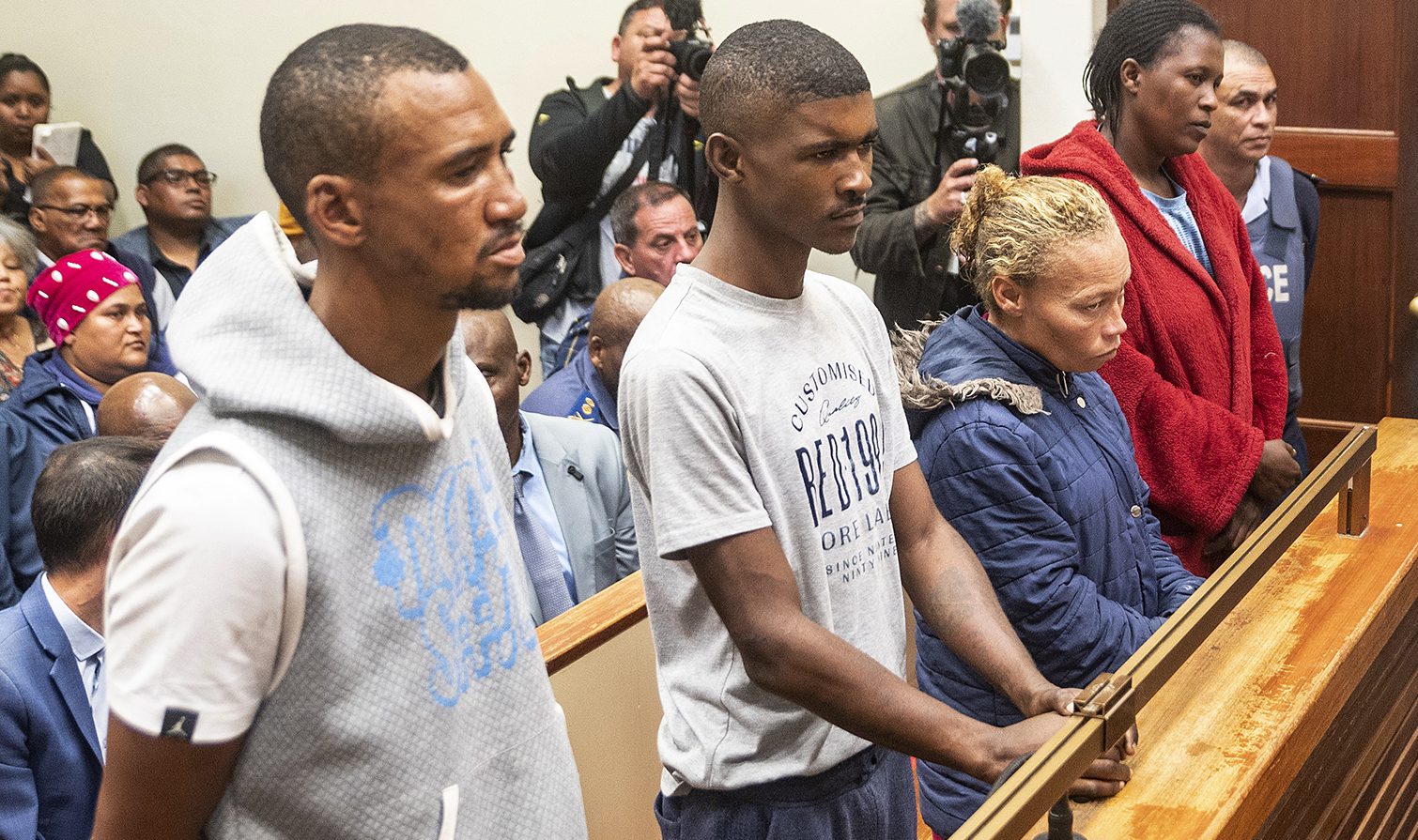
Jacquen Appollis, Steveno van Rhyn, Racquel Chantel Smith (Joshlin’s mother) and Phumza Sigaqa in the Vredenburg Magistrates’ Court on 7 March 2024, facing kidnapping and trafficking charges relating to Joshlin’s disappearance. (Photo: Gallo Images / Brenton Geach)
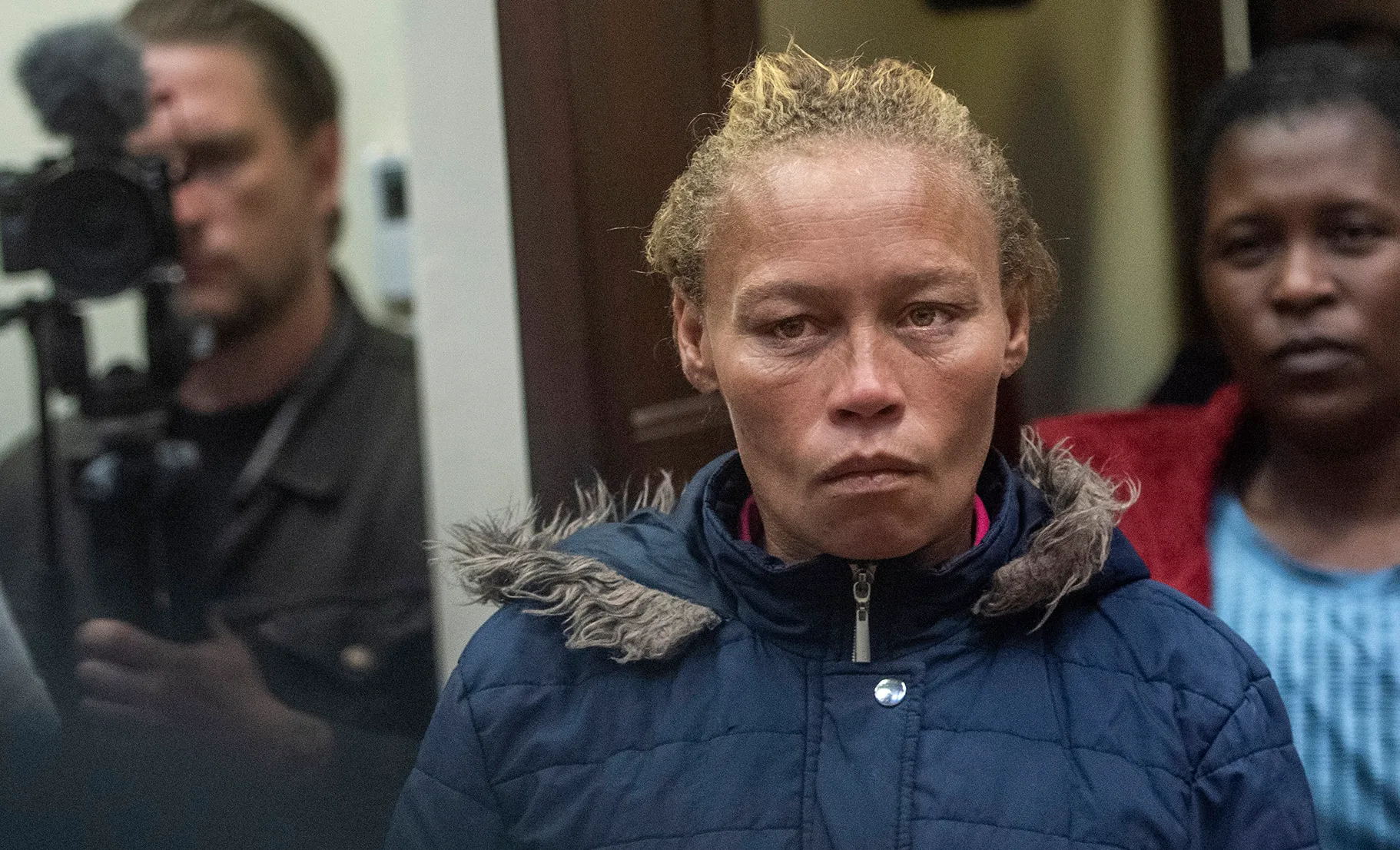
Racquel Chantel Smith, also known as Kelly, appears in Vredenburg Magistrates’ Court facing kidnapping and trafficking charges relating to the disappearance of her daughter, Joshlin Smith. (Photo: Gallo Images / Brenton Geach)
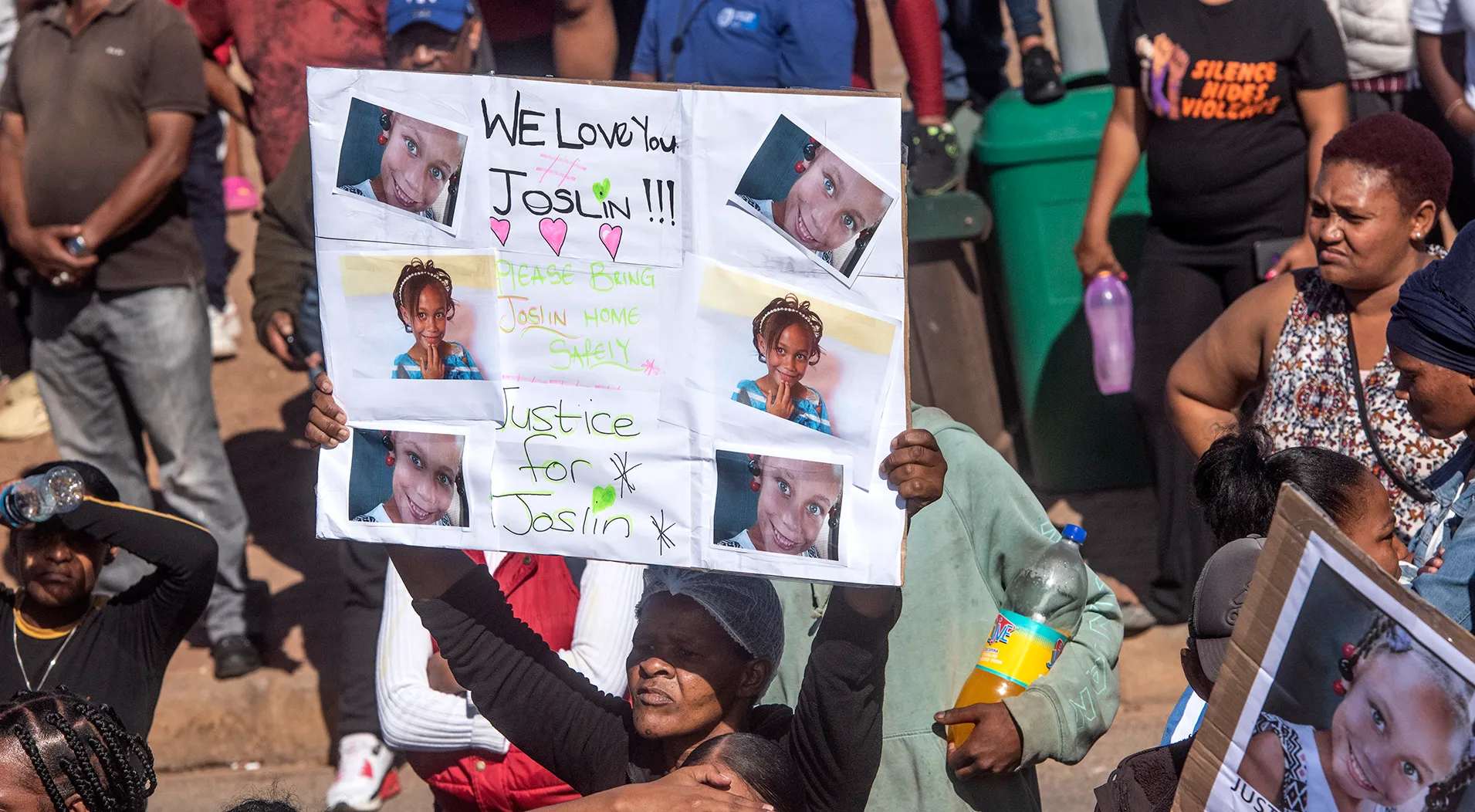
A huge crowd during the Joshlin Smith disappearance case at the Vredenburg Magistrates’ Court on 7 March 2024. (Photo: Gallo Images / Brenton Geach)
What are the charges?
The four accused are charged with human trafficking and kidnapping.
The charge sheet reads: “Count 1 trafficking in persons for the purpose of exploitation in that on or about 19 February 2024 to 5 March and at or near Middelpos, Saldanha, the accused, acting together and in the execution of furtherance of a common purpose, unlawfully and intentionally sold, delivered, exchanged Joshlin.”
Joshlin’s father
Josh Emke (43), Joshlin’s biological father, has endured sleepless nights after his daughter’s disappearance. His epilepsy prevented him from joining the long search in the heat.
He cannot accept that she has simply vanished, and believes she has been sold. The police have dismissed his claim.
Impact on residents
Joshlin’s disappearance has upended the peaceful Diazville and Middelpos informal settlements.
Residents hold meetings about the case. In Diazville they gather on a corner, and in Middelpos they congregate in an open field about 400m away. The tension is palpable.
Diazville residents have openly stated they are afraid to speak to the media about Joshlin’s disappearance, saying the community has been split in two. Some believe Joshlin was sold for muti, while others say she was trafficked for R20,000. This divide is revealed during the court appearances, when some call for the suspects’ release, and others demand that they stay in prison.
Politics came to play
Since Joshlin’s disappearance, the Patriotic Alliance (PA), led by Gayton McKenzie, has been vocal, offering rewards for information leading to her location. His live Facebook chat group has regular updates on the search.
The PA has subsequently emerged as the dominant party in Diazville. But while there is a sea of green party T-shirts at each court appearance, there are residents who believe the PA used Joshlin’s disappearance as a political tool to strengthen its position in the community.
The City’s JP Smith condemned political interference: “Sadly, part of the investigation had been compromised because of the reckless and irresponsible actions of those seeking political gain from a very serious issue. In doing so, the lives of innocent people have been jeopardised after they were falsely accused. If those who claim to be working for justice respect the rule of law, please allow officials to pursue this matter in the proper and legal manner.”
McKenzie has even put up a R1-million reward for Joshlin’s safe return.
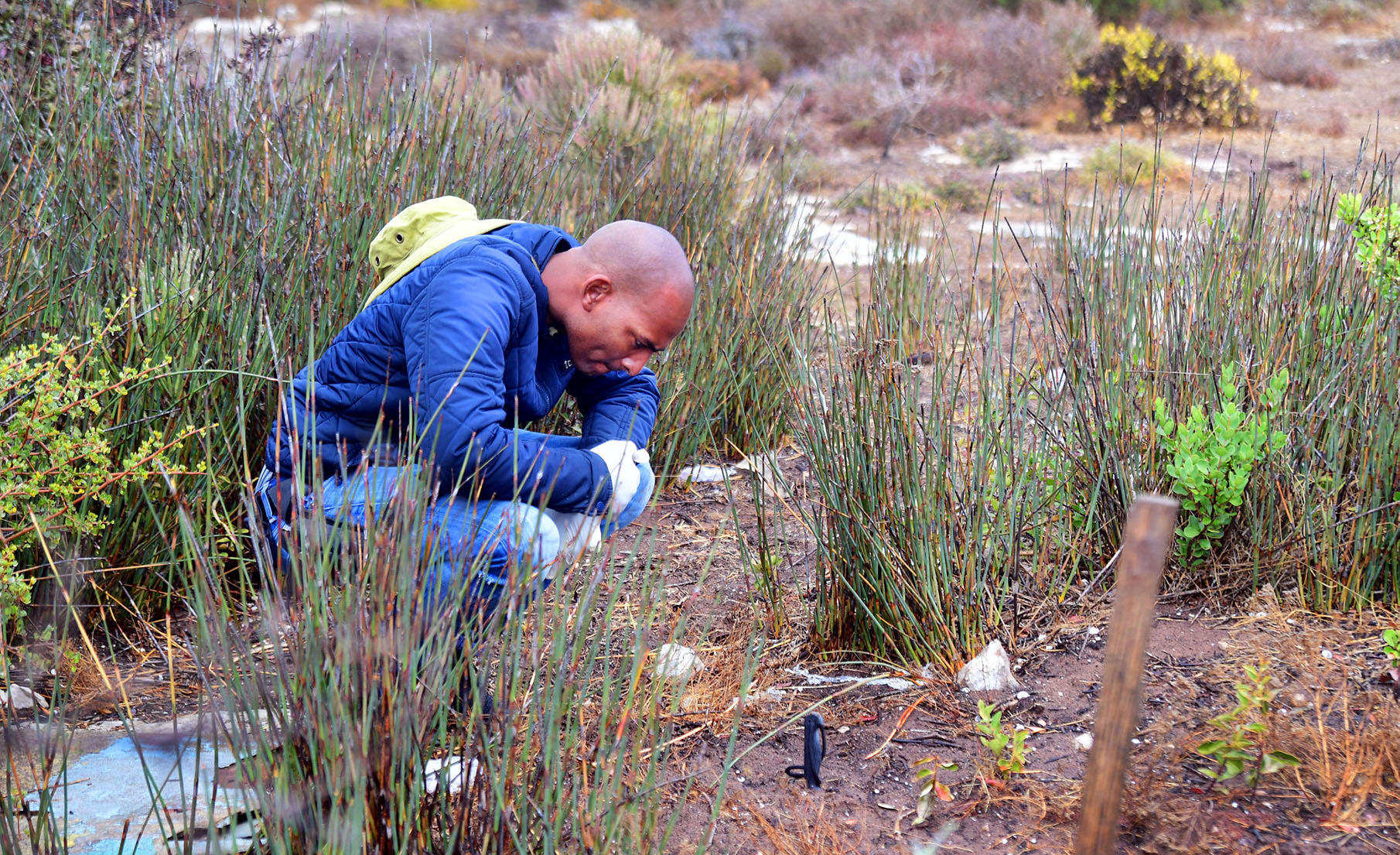
A police officer comes across a knife during the search for Joshlin Smith in Middelpos, Saldanha, on 4 March 2024. (Photo: Gallo Images / Die Burger / Theo Jeptha)
Desperate search for answers
After months of no success, people in Saldanha have resorted to desperate measures to find Joshlin.
Dolley-Major was contacted by controversial police detective Daniel Kruger, dubbed the “body finder”, who offered his service free of charge.
Kruger claims the machine he uses can locate missing people anywhere in the world with a single strand of hair. In 2007, he was part of the search for Madeleine McCann in Portugal, although the Daily Mirror reported that a mother who was sent on a fruitless 4,300-mile trek after hiring Krugel to track down her missing, urged Kate and Gerry McCann: “Don’t trust him.”
Krugel did run samples of Joshlin’s hair – obtained from a woman who wanted to adopt the child – through his machine to detect her DNA and pinpoint locations where she might have been, and gave the results to the police.
Police spokesperson Captain van Wyk told Daily Maverick the SAPS cannot comment on the accuracy of the device and that in the search all information received is followed up on immediately by the investigation team, regardless of the source or methodology used to collect it.
Stench sparks concern
The desperation to find Joshlin is exemplified by even the smallest piece of information flagged by residents.
A stench emanating from Joshlin’s neighbourhood a week ago sparked concern that it might be emanating from her decomposing body.
Traced to a puddle containing debris, rubbish and dead animals, police and forensic staff investigated, but, said Van Wyk, “the search was unsuccessful”.
Next appearance
The four accused will appear in Vredenburg Magistrates’ Court again on Monday, 13 May. The prosecution is expected to give the court an update on the investigation, whether new suspects will be arrested or added and whether the matter is trial-ready, or seek another postponement to conclude its investigation. DM





 Share
Share

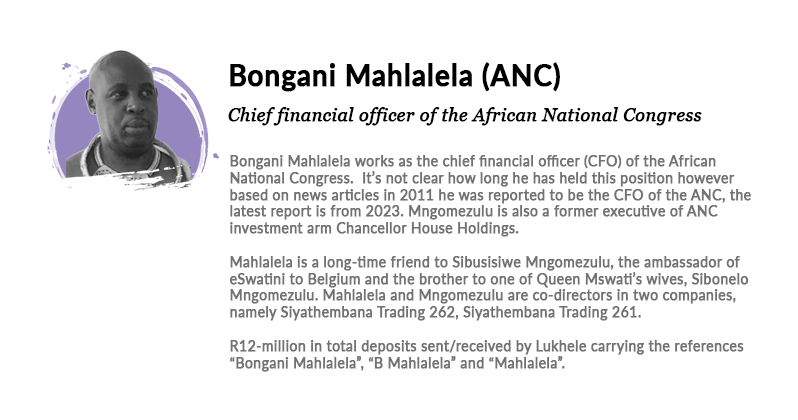
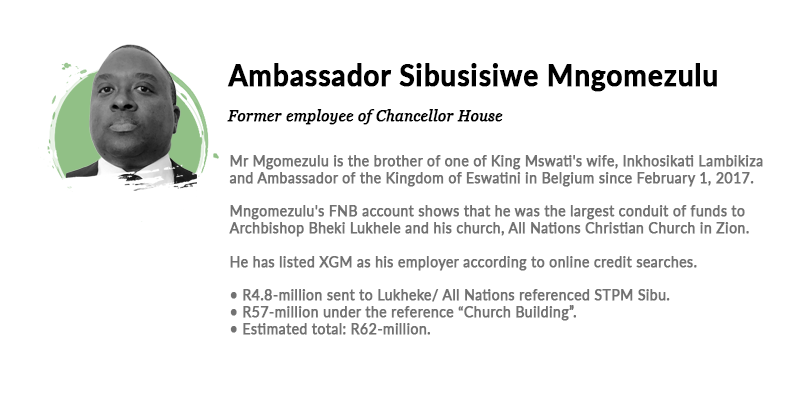
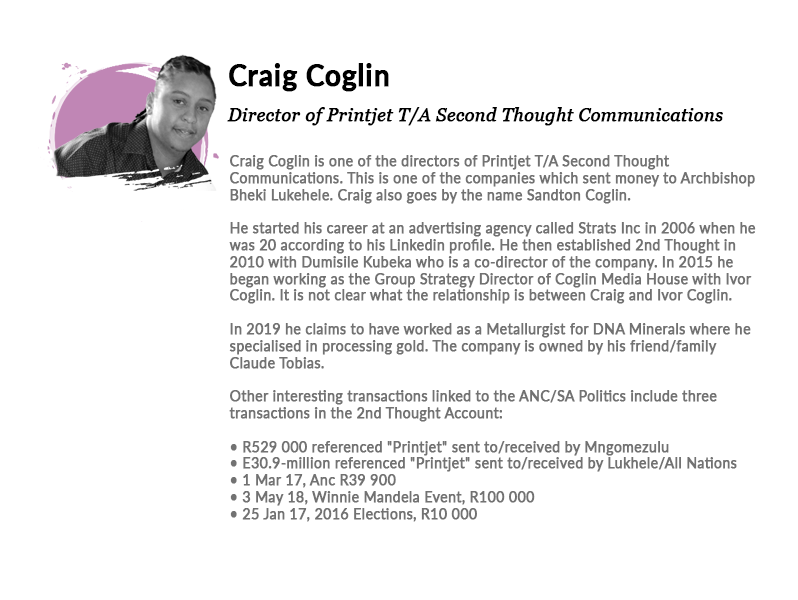
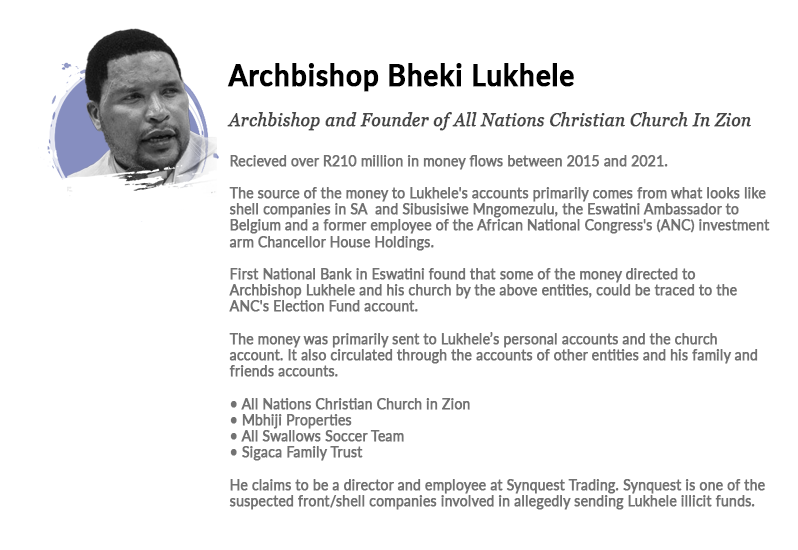
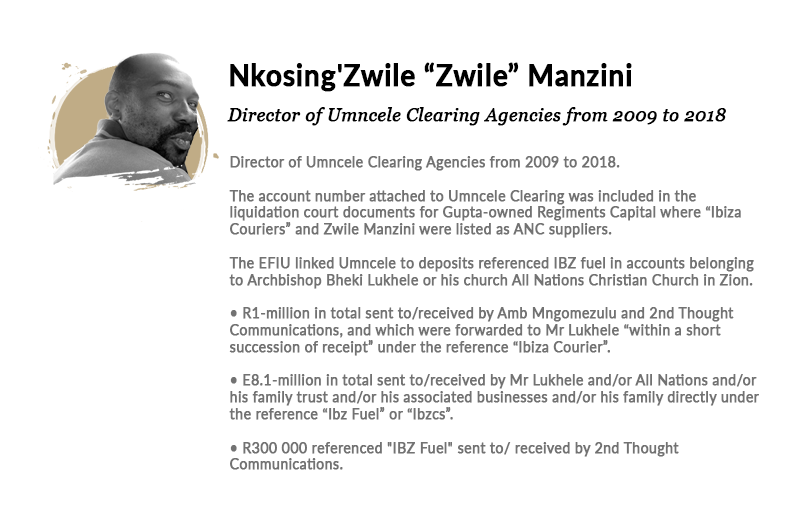
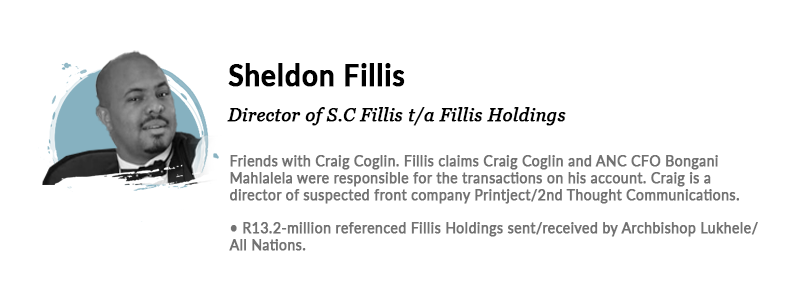
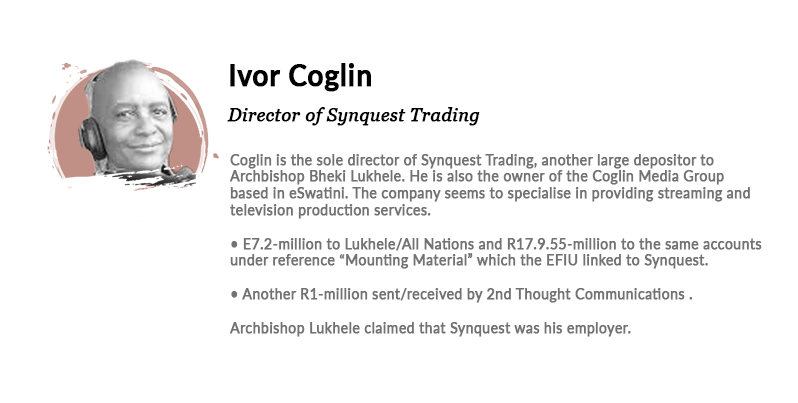
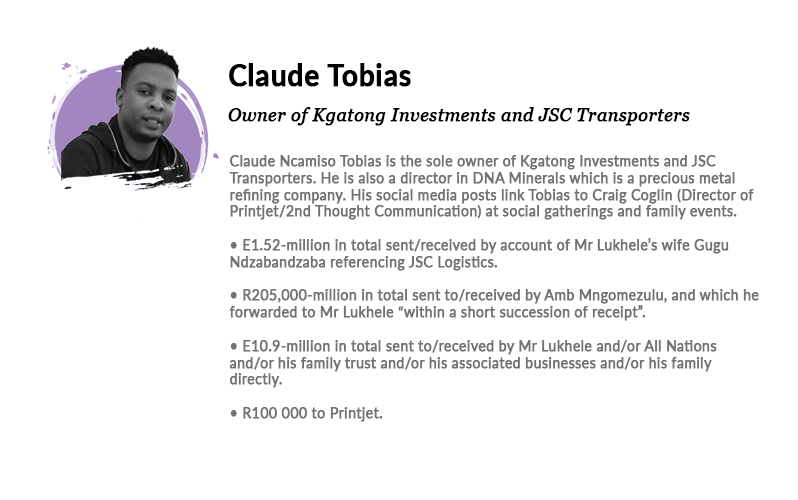


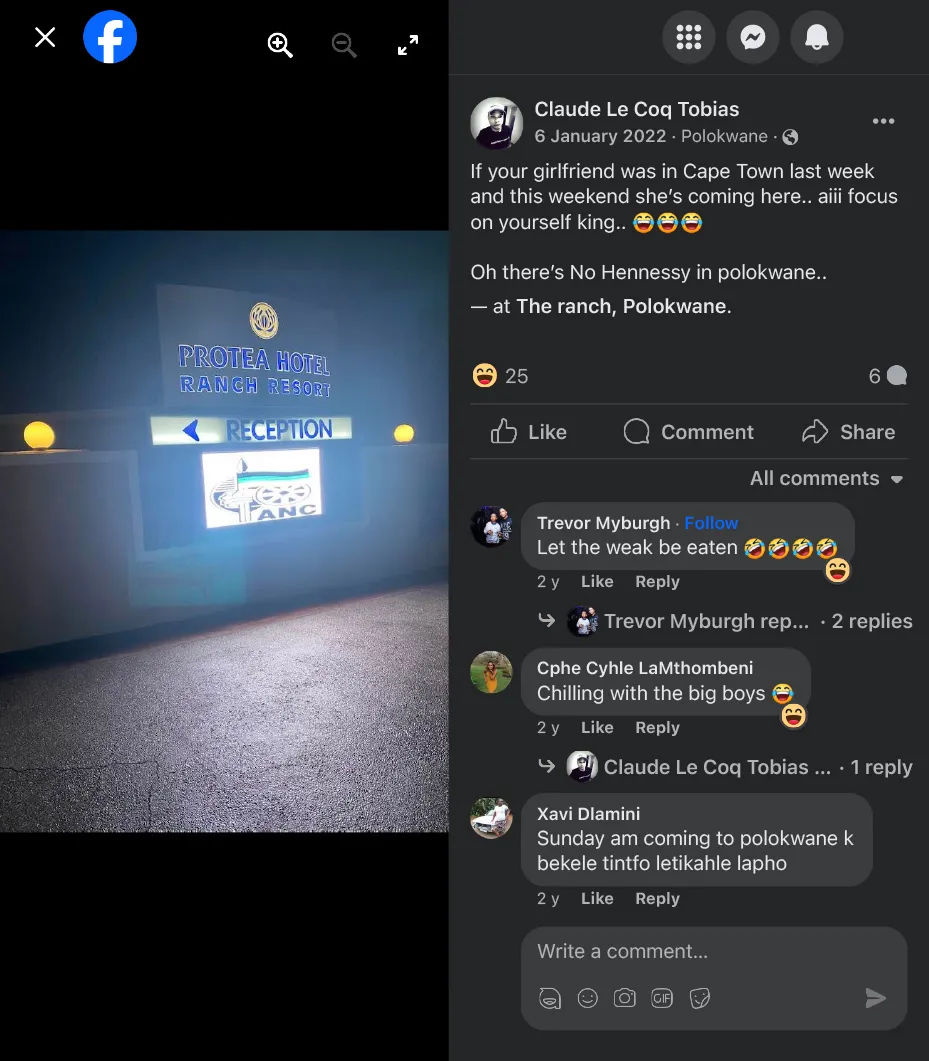
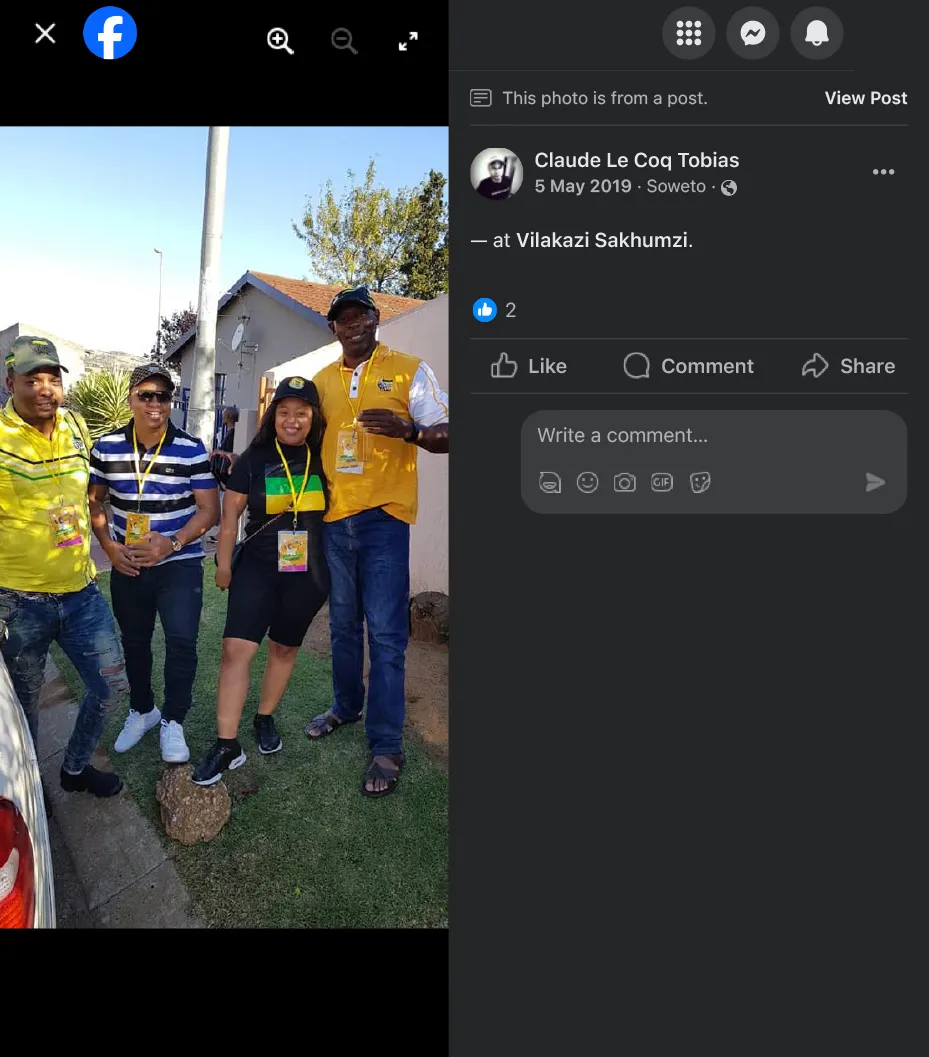
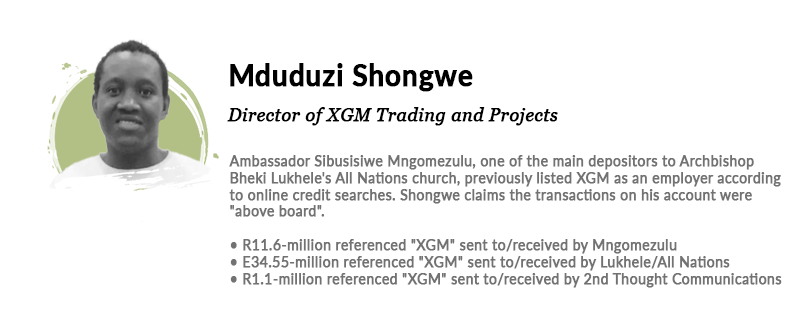
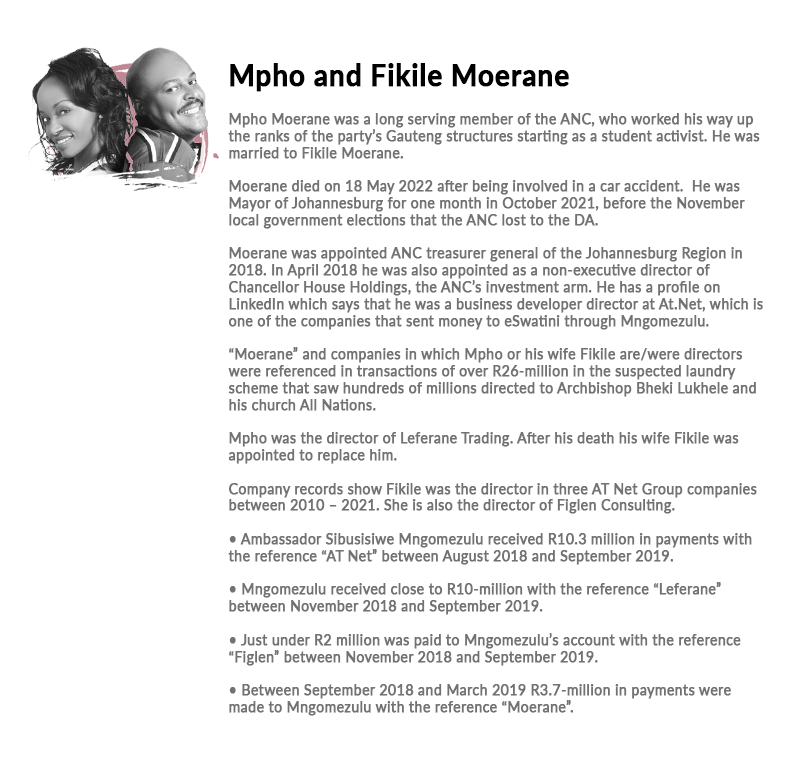

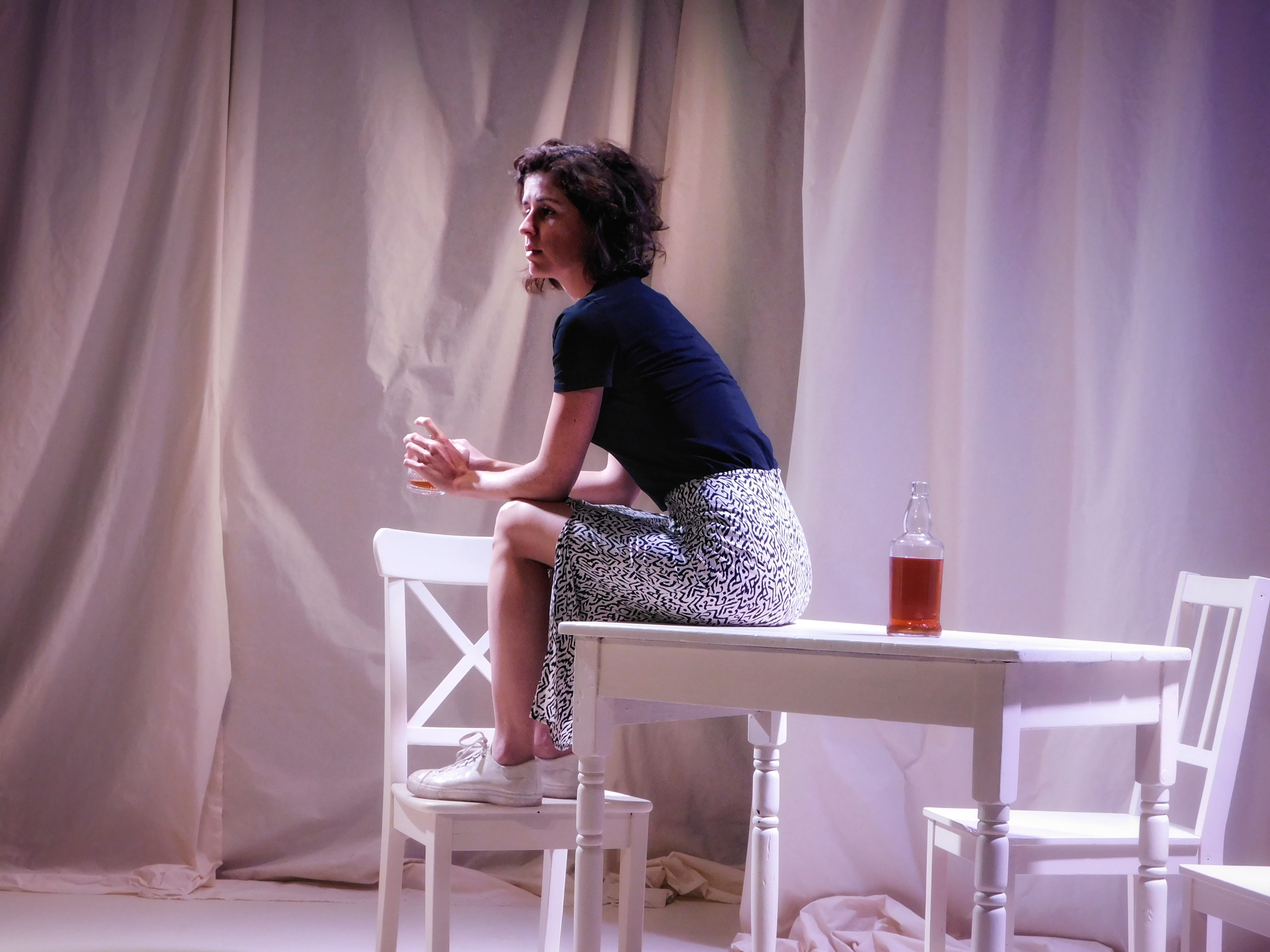

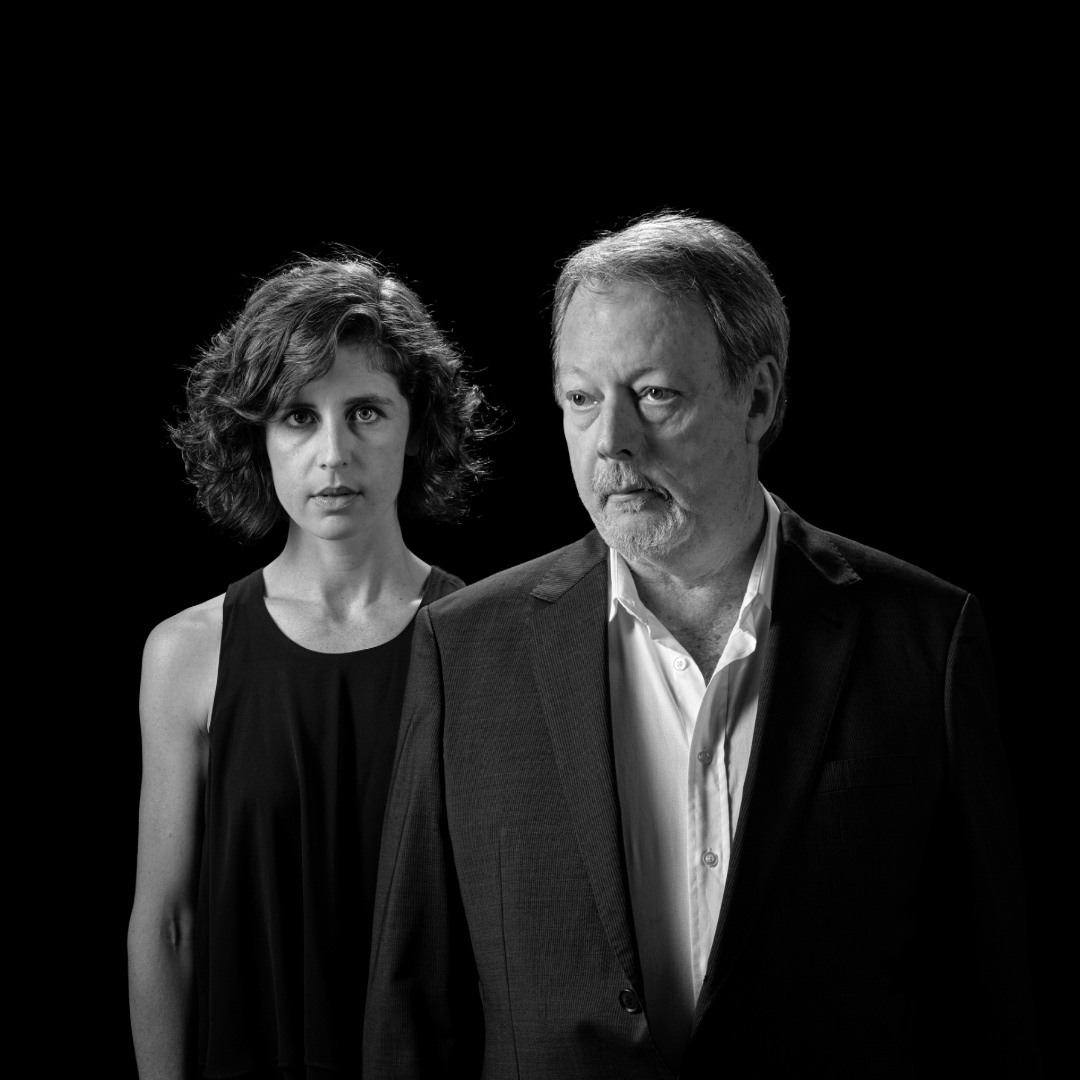
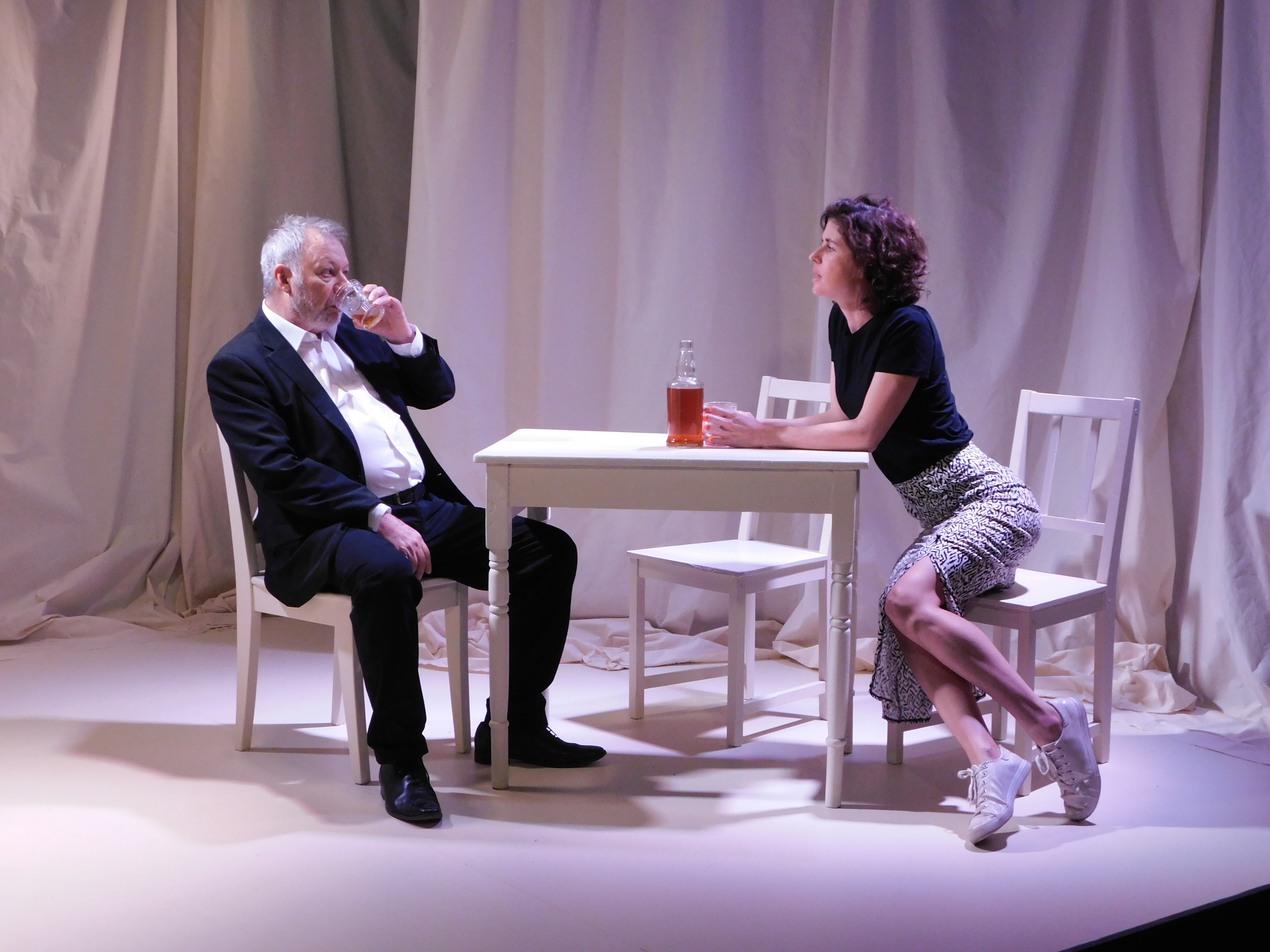



Personally I believe Joshlin is no more & the culprits behind it is Stefano & Boeta. The reason they’re playing dumb is trafficking is better than murder legally..